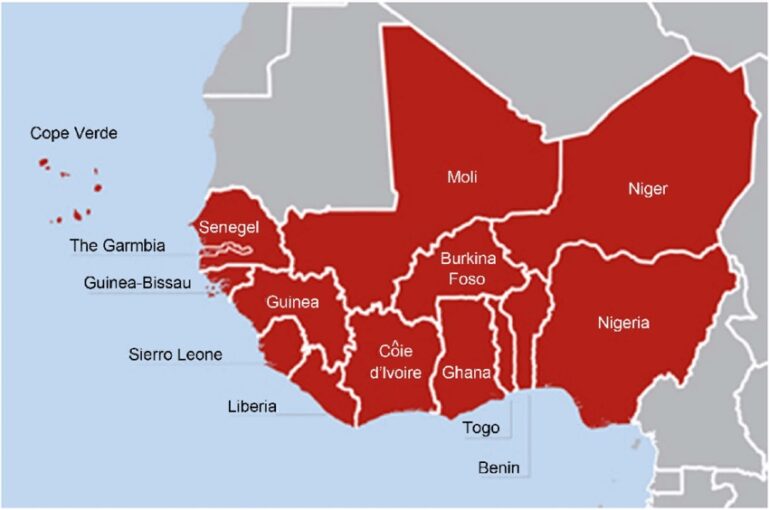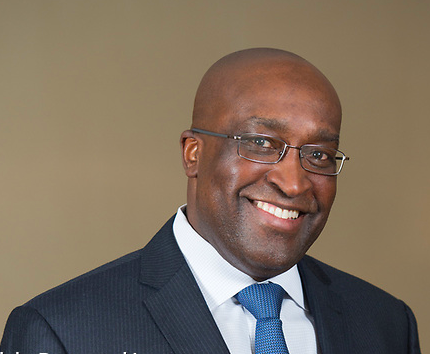A veteran diplomat calls on the U.S. to help rebuild ECOWAS

The Economic Community of West African States (ECOWAS) has once stood as a beacon of hope for democratic values in the West African region. However, the democratic backsliding eclipsed this hope. As the U.S. renews its commitment to support ECOWAS, it’s time to address the daunting challenges that loom large on the organization’s horizon.
The strength of ECOWAS lies in its mandate—a commitment to promote regional stability, democracy, and peace. Yet, recent instances indicate a concerning deviation from this very mandate. The endorsement of anti-constitutional changes, the allowance of contentious third terms in office, and instances of electoral fraud in member-countries such as Benin and other countries in the region have chipped away at the organization’s credibility.
Consider Benin, once a shining example of African democracy. Recent constitutional changes, seemingly endorsed by ECOWAS, have allowed President Patrice Talon to exclude the opposition, facilitating an unopposed path to a second term. This move, replete with political maneuvering, stands in stark contrast to the ideals of democracy. The repercussions of such an endorsement don’t stop at Benin’s borders; they send shockwaves throughout the region, jeopardizing the very essence of ECOWAS.
Furthermore, the acceptance of controversial third terms in some countries not only contradicted peaceful transition norms, but also shook the faith of West Africans in ECOWAS’s commitment to its foundational principles. How can the community believe in a body that seems to bend its standards based on political winds?
The recent coup in Niger only further underscores the pressing need for ECOWAS to reevaluate its stance. While military coups are outright rejections of democratic governance, the subtler “constitutional coups” are no less dangerous. They employ legal avenues, but with malicious intent, aiming to suppress opposition and consolidate power, all while wearing the mask of legality.
The U.S., with its long-standing commitment to democratic values, is uniquely positioned to foster positive changes. As the Assistant Secretary of State for African Affairs ventures into the heart of the region, the conversations that ensue will play a pivotal role in determining the future trajectory of ECOWAS.
But dialogue, while crucial, is just the beginning. Restoring ECOWAS’s credibility demands a comprehensive approach—one that addresses both overt military coups and the covert threats of constitutional manipulations. It’s a herculean task, no doubt, but the stakes are high. The stability and prosperity of West Africa hinge on ECOWAS’s ability to uphold its mandate.
As the international community watches, the message is clear: ECOWAS’s reputation, built over decades, is at risk. Now is the time for concerted action, a recommitment to democratic values, and a holistic approach to rebuilding what was once an unyielding pillar of democracy in West Africa.
The future of West Africa, and indeed ECOWAS, hangs in the balance. It’s a future that demands integrity, commitment, and unwavering support for democratic values.
___________

Ambassador Arouna is the former Ambassador of the Republic of Benin to the United States and Mexico, and the country’s former representative to the World Bank, the International Monetary Fund, and the Organization of American States. Ambassador Arouna is currently the Managing Partner of U.S.-Africa Cybersecurity Group, a cybersecurity management consultancy, and the CEO of Global Specialty LLC, a global business development consulting firm driven by providing advisory and operational services to organizations and their business communities seeking market entry and establishing business operations in Africa.

